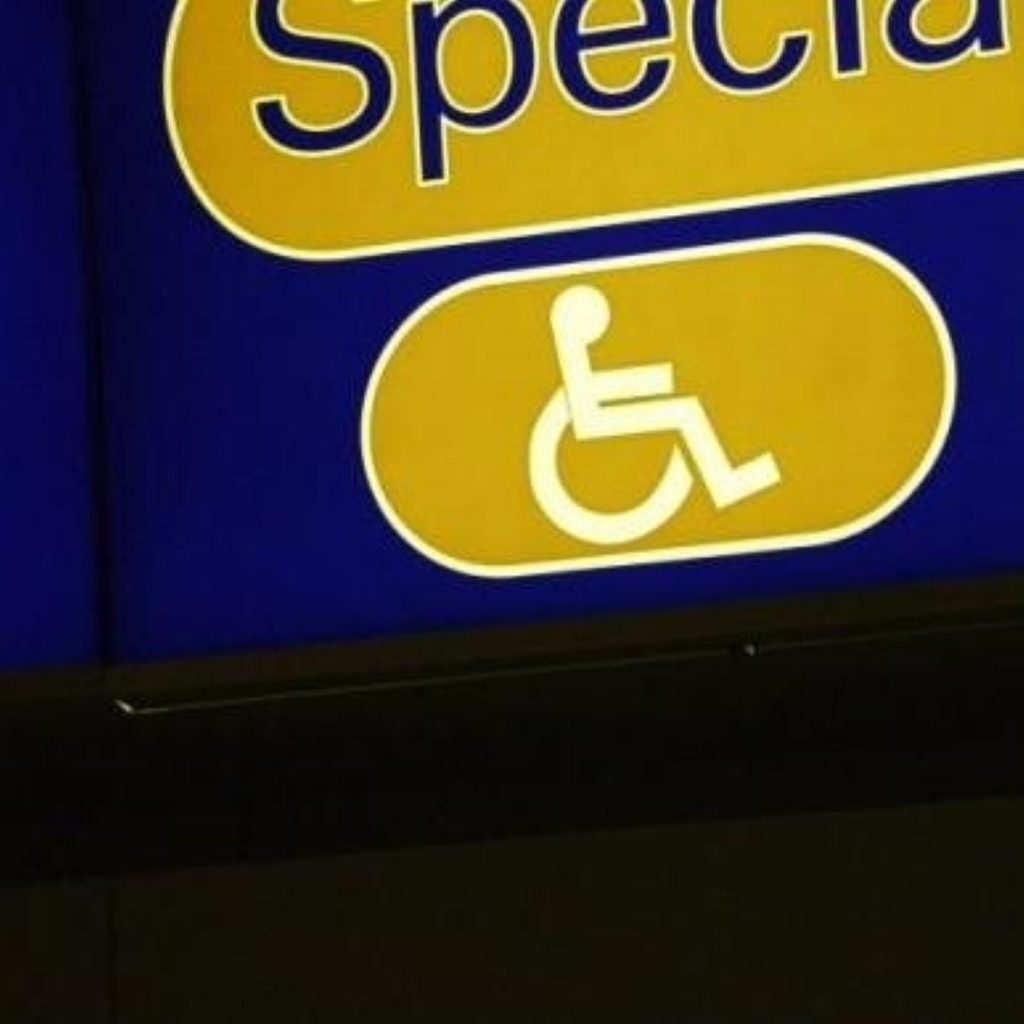UK at forefront of disability rights
The UK is set to become on of the first countries to commit to promoting the human rights of people with disabilities.
The government will today sign up to the United Nations Convention on Disability Rights, guaranteeing disabled people the right to education, employment and participation in political and public life.
The convention is a “significant step forward” in achieving the equal rights for disabled people across the world, said minister for disabled people Anne McGuire. The convention opens to signatures at a ceremony at the UN headquarters in New York and Ms McGuire will be among the first ministers to commit.
Ms McGuire said: “I am proud to be able to sign the Convention for the UK, thus honouring the prime minister’s expressed hope given in December 2006 to be among the first countries to sign the convention.


“Prejudice against disabled people is unfortunately still far too prevalent and although we still have a long way to go in changing attitudes, this convention at last puts disabled people’s human rights on an equal footing with everyone else’s.”
The convention will benefit people with disabilities outside the UK, the minister added, pointing to the 650 million people worldwide who could benefit.
Disability charity Scope welcomed the UK’s signature and called on the government to ratify the convention, reminding campaigners that signing the treaty is only the first step towards ratification.
Scope executive director Andy Rickell said: “This marks a watershed in the history of disability rights and highlights how disability is fundamentally a human rights issue.
“We are delighted that Britain will be one of the first countries to sign up. We hope it will ratify this convention to make the rights it establishes a reality for disabled people in the UK and across the globe.”
To mark the signing ceremony human rights campaigner Rachel Hurst will be “freed from a cage of prejudice” in London in an event organised by Scope.
“This is an historic day for disabled people around the world,” said Dr Hurst. “This convention recognises that disability is caused by negative attitudes and barriers within society, not impairments, and that disabled people should have the same rights and freedoms as everyone else.”

